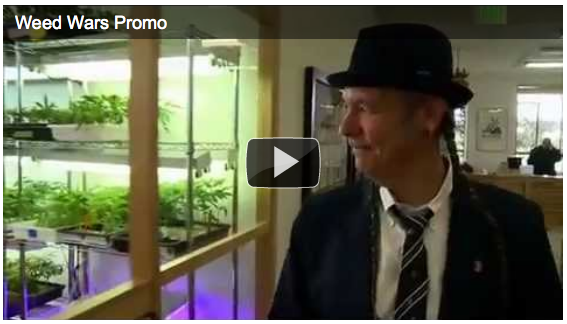Missouri Marijuana Legalization Initiatives Approved for Circulation
An effort to put marijuana legalization on the November 2012 ballot has passed a first hurdle in Missouri.

This is going to put a very big exclamation point on Harborside Health Center’s reputation as the biggest and best dispensary in the medical marijuana business.

[inline:medicalmarijuanawheelchair.png align=right]As controversy over the federal government’s escalating nationwide assault on medical marijuana continues to swell, some federal officials are trying to shield the President from the political fallout.